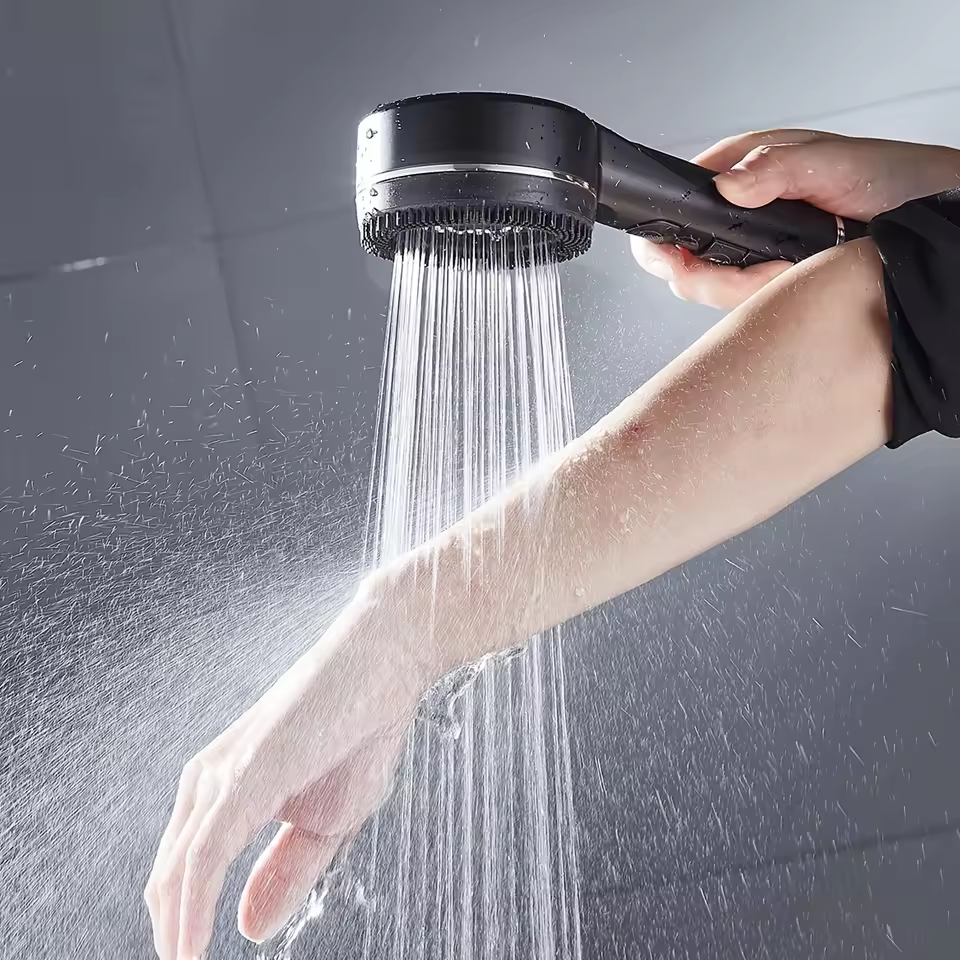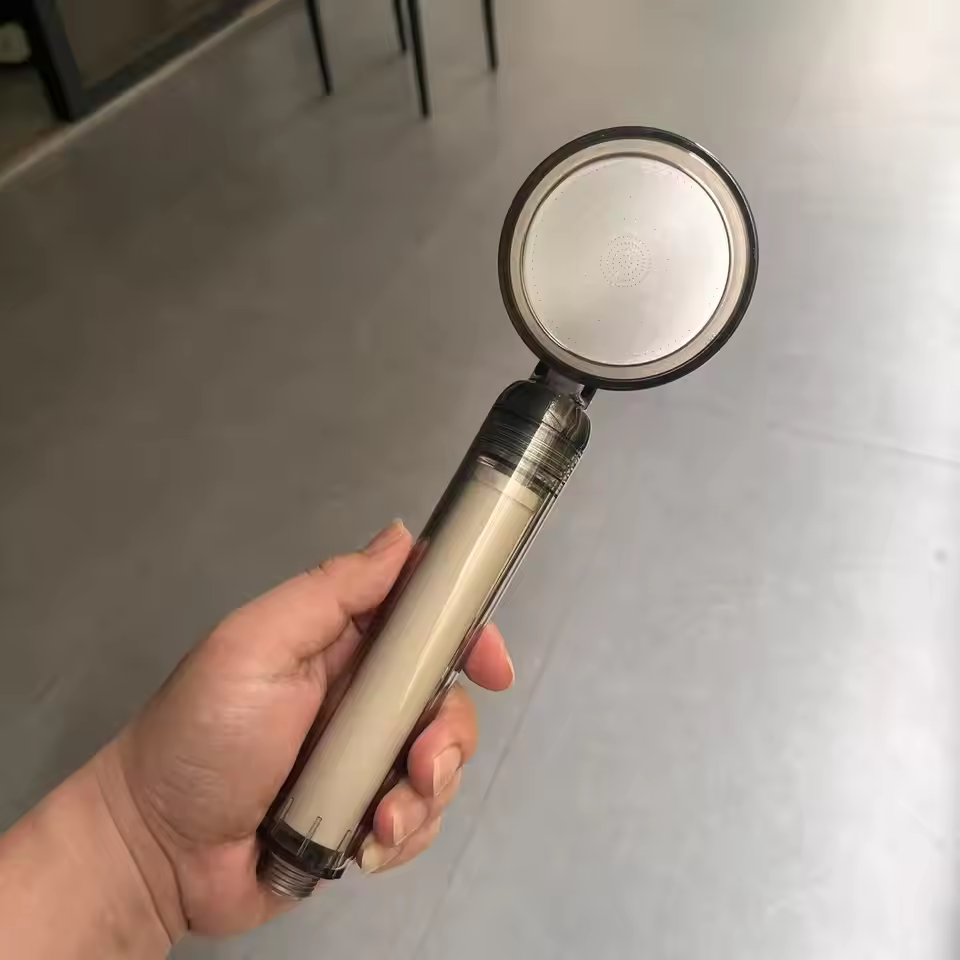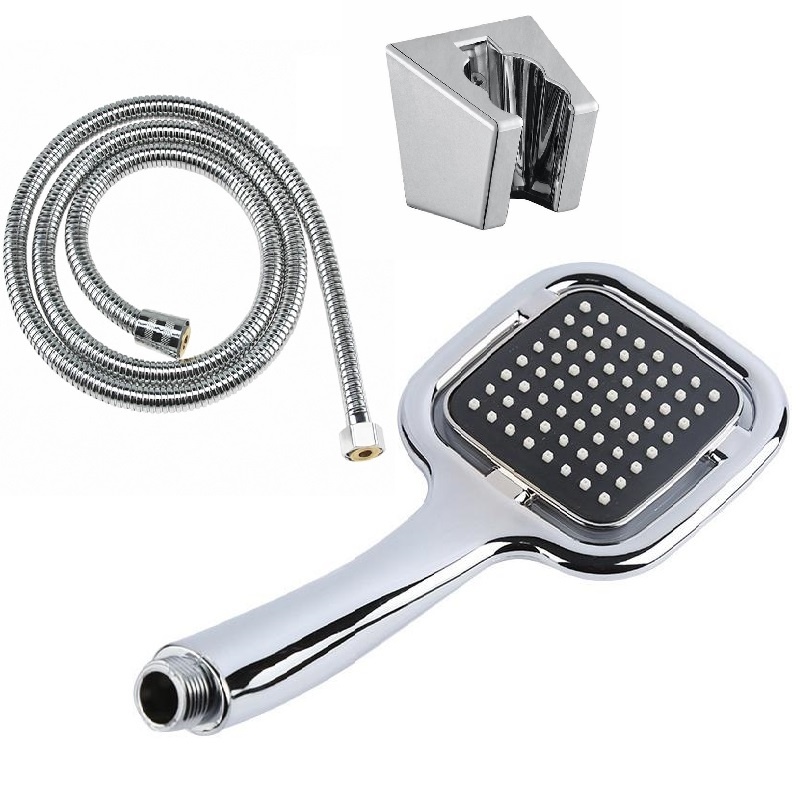Introduction-tankless hot water heater
tankless hot water heater
Hot water is a daily necessity for many households. From bathing to washing dishes, hot water plays a crucial role in our daily lives. Traditional water heaters use a tank to store hot water, leading to significant energy consumption and limited availability. In recent years, tankless hot water heaters have gained popularity as an efficient and modern solution. This article will explore the benefits, installation, maintenance, and comparison with traditional systems.
 What is a Tankless Hot Water Heater?
What is a Tankless Hot Water Heater?
Definition
A tankless hot water heater, also known as an on-demand water heater, heats water directly without the use of a storage tank. When a hot water faucet is turned on, cold water travels through a pipe into the unit. An electric element or gas burner heats the water as it flows through the device. This means you get a continuous supply of hot water as long as the unit is receiving power.
How It Works
- Activation: When you turn on a hot water fixture, a flow sensor detects water movement.
- Heating: The heater engages a heating element, either electric or gas, which heats the water instantly.
- Delivery: Hot water is delivered directly to the faucet without needing to fill a tank.
Benefits of Tankless Hot Water Heaters
Energy Efficiency
One of the most significant advantages of tankless hot water heaters is energy efficiency. Unlike traditional systems, they only heat water when needed. This reduces energy waste and lowers utility bills.
Space Saving
Tankless units are compact and can be installed in smaller spaces. They can be mounted on walls or even installed outside, freeing up valuable floor space in the home.
Endless Hot Water Supply
A tankless water heater can provide a continuous hot water supply. For families that use multiple hot water sources simultaneously, such as showers and washing machines, this feature is very beneficial.
 Types of Tankless Hot Water Heaters
Types of Tankless Hot Water Heaters
Electric Tankless Water Heaters
Overview
Electric models use electric elements to heat water. They are generally easier to install and can be placed anywhere with an electrical supply.
Advantages
- Compact Size: They are smaller and can fit in tight spaces.
- Lower Installation Costs: Usually, there is no need for venting.
Disadvantages
- Power Limitations: Electric units may struggle to provide hot water for multiple outlets at once.
Gas Tankless Water Heaters
Overview
Gas models use natural gas or propane to heat water. They often provide higher flow rates but require proper venting.
Advantages
- Higher Output: They can supply hot water to several fixtures at once.
- Cost-Effective for High Demand: Best for larger households with higher hot water needs.
Disadvantages
- Installation Complexity: They require professional installation and proper venting.
Factors to Consider Before Buying
Size and Flow Rate
Choosing the right size and flow rate is essential. You should calculate how much hot water your household uses during peak demand. The flow rate is measured in gallons per minute (GPM). Larger families will need units with a higher GPM.
Energy Source
Decide whether you want an electric or gas unit based on your existing infrastructure. If you don’t have gas lines, you might want to stick with an electric model.
Cost
Tankless hot water heaters can have a higher upfront cost than traditional units. However, many users find that the energy savings and longevity of the units offset the initial expense.
Warranty and Lifespan
Consider the manufacturer’s warranty and the expected lifespan of the unit. Tankless models typically last longer than traditional units, often exceeding 20 years.
 Installation Process
Installation Process
DIY vs. Professional Installation
While some homeowners may opt for a DIY installation, it’s generally recommended to hire a licensed professional for tankless water heater installation. This ensures safety and compliance with local codes.
Requirements
- Location: Choose a location that is close to water fixtures and can handle electrical or gas supply.
- Venting: Gas units require a venting system to remove exhaust gases. Electric units do not.
Steps Involved
- Remove the Old Heater (if applicable)
- Install the New Unit: Follow the manufacturer’s instructions.
- Connect Water Lines, Gas, or Electricity.
- Test the System: Ensure everything works correctly before using.
Maintenance of Tankless Hot Water Heaters
Regular Maintenance Tasks
- Descaling: Mineral buildup can affect performance. It’s essential to descale your unit every 6 to 12 months, especially in areas with hard water.
- Filter Cleaning: Check and clean the water filter regularly to ensure optimal operation.
- Inspecting for Leaks: Regularly check for any signs of leaks or corrosion.
Professional Maintenance
Although homeowners can handle some maintenance tasks, hiring a professional for a thorough inspection every few years is advisable. They can perform more complex maintenance and ensure the system runs efficiently.
 Common Myths About Tankless Hot Water Heaters
Common Myths About Tankless Hot Water Heaters
Myth 1: They Are Too Expensive
While the initial cost is higher, tankless water heaters often have lower operating costs. Many families find that the savings on energy bills justify the expense.
Myth 2: They Provide Inconsistent Water Temperature
When installed correctly, tankless water heaters can provide a consistent temperature. If there are fluctuations, it often points to installation issues or flow rate limits.
Myth 3: They Require Extensive Modifications
Most homes can accommodate a tankless system with minor adjustments. A professional can help assess what changes, if any, are needed.
Comparing Tankless to Traditional Water Heaters
Energy Consumption
Tankless units are generally more energy-efficient than traditional models because they heat water on demand. Traditional units continuously heat the water in the tank, leading to higher energy bills.
Lifespan
Tankless water heaters typically last longer than traditional ones. A tankless model can last over 20 years, while traditional models usually last about 10-15 years.
Space Efficiency
Tankless systems are more compact. Traditional water heaters take up significant space, while tankless models can be wall-mounted.
The trend toward tankless hot water heaters:
The trend toward tankless hot water heaters has been gaining momentum for several reasons:
Energy Efficiency: Tankless water heaters heat water on demand, which means they only use energy when hot water is needed. This can lead to significant energy savings compared to traditional tank heaters, which continuously heat water.
Space Savings: These units are compact and can be installed in smaller spaces, making them ideal for apartments, small homes, or areas where space is a premium.
Longevity: Tankless systems generally have a longer lifespan, often lasting up to 20 years, compared to traditional tank heaters, which may last 10-15 years.
Endless Hot Water: Unlike traditional water heaters, which may run out of hot water during peak usage times, tankless systems provide a continuous supply of hot water, catering to households with high demands.
Environmental Concerns: With increasing awareness of energy conservation and environmental impact, more consumers are seeking eco-friendly solutions. Tankless water heaters typically produce fewer greenhouse gas emissions.
Technological Advancements: Improvements in technology have made tankless systems more efficient, reliable, and user-friendly, increasing their appeal to homeowners.
Incentives and Rebates: Many governments and energy providers offer incentives for installing energy-efficient appliances, which can make switching to a tankless system more financially attractive.
As these factors come into play, it’s likely that the popularity of tankless hot water heaters will continue to rise in the coming years.
Some important considerations for using a tankless hot water heater:
Here are some important considerations for using a tankless hot water heater:
Sizing: Ensure that the unit is properly sized for your household needs. Consider the number of fixtures and simultaneous demand for hot water.
Temperature Settings: Set the temperature according to your comfort and safety needs, typically around 120°F (49°C) to prevent scalding.
Regular Maintenance: Schedule annual maintenance to check for mineral buildup, especially in areas with hard water. This can help prolong the lifespan of the unit.
Ventilation: Ensure proper ventilation, especially for gas-powered units, to prevent carbon monoxide buildup indoors.
Electric Supply: For electric models, ensure your electrical system can handle the unit’s requirements. It may need a dedicated circuit.
Water Pressure: Maintain consistent water pressure to ensure optimal performance. Fluctuations can affect heating efficiency.
Usage Patterns: Be mindful of peak usage times. Tankless heaters provide hot water on demand, but if multiple outlets are used simultaneously, the flow rate may decrease.
Temperature Rise: Understand the temperature rise capability of your unit. If you need a significant temperature increase, the flow rate may be impacted.
Sediment Buildup: If you notice a decrease in performance, consider flushing the system to remove any sediment buildup.
Emergency Shutoff: Familiarize yourself with the location of the emergency shutoff valve in case of issues.
By following these guidelines, you can ensure the efficient and safe operation of your tankless hot water heater.
Conclusion
Tankless hot water heaters are an efficient, space-saving, and reliable solution for modern households. They provide endless hot water and lower energy costs. While the initial investment may be higher, the long-term benefits often outweigh the costs. Whether you’re considering a renovation or building a new home, a tankless hot water heater is worth considering. By understanding their workings, benefits, and installation processes, you can make an informed decision that suits your hot water needs.
Key Takeaways
- Tankless heaters provide hot water on demand.
- They are more energy-efficient than traditional systems.
- Installation should ideally be done by a professional.
- Regular maintenance is crucial for optimal performance.
- They offer long-term savings and lower environmental impact.
In summary, tankless hot water heaters offer a modern and efficient way to meet your hot water needs. Take your time researching and consult with professionals to find the best option for your household. The investment in a tankless system could lead to years of comfort and savings.




